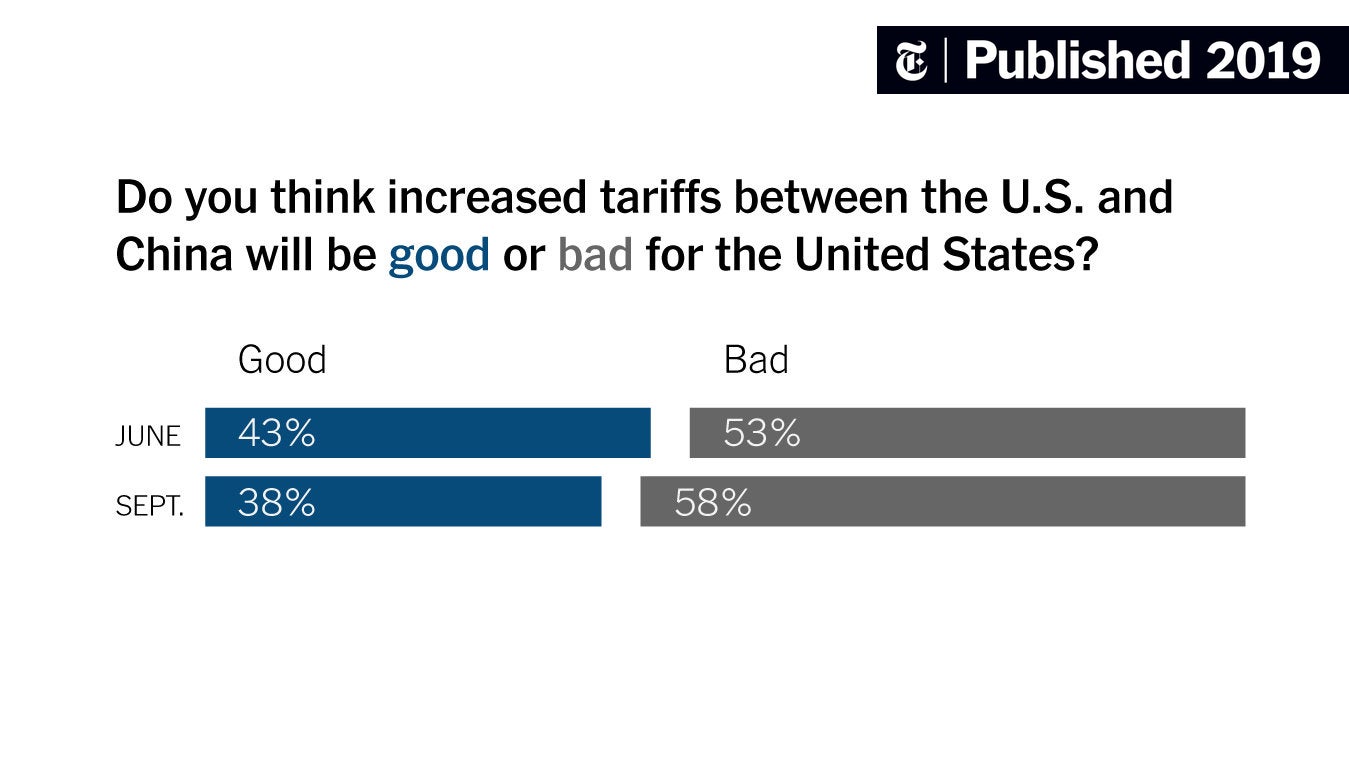Analyzing Trump's Criticism Of European Trade Practices

Table of Contents
Trump's Core Complaints Regarding European Trade Practices
Trump's criticisms of European trade practices centered around persistent trade deficits, allegations of unfair trade practices, and challenges to the World Trade Organization (WTO). These complaints, often delivered through fiery rhetoric, fueled escalating trade tensions between the US and the EU.
-
Persistent Trade Deficits with the EU: Trump consistently highlighted the US trade deficit with the EU, viewing it as evidence of unfair trade practices. While trade deficits are a complex economic phenomenon influenced by numerous factors beyond just trade policies, Trump framed them as a sign of American weakness and European exploitation. He argued that these deficits drained American jobs and wealth.
-
Allegations of Unfair Trade Practices: Trump's administration frequently cited specific examples of what it considered unfair European trade practices. These included:
- Tariffs: The EU's imposition of tariffs on certain US goods was viewed as protectionist and detrimental to American businesses.
- Subsidies to European Industries: Trump specifically targeted subsidies provided to Airbus, arguing that they gave the European aircraft manufacturer an unfair advantage over its American competitor, Boeing. This led to a protracted trade dispute involving retaliatory tariffs.
- Non-Tariff Barriers: The Trump administration also raised concerns about various non-tariff barriers, such as regulatory hurdles and bureaucratic processes, that it claimed made it more difficult for American goods to access the European market.
-
Challenges to the World Trade Organization (WTO): Trump expressed deep dissatisfaction with the WTO, arguing that it was ineffective in addressing what he perceived as unfair trade practices by the EU and other countries. He criticized the WTO's dispute resolution mechanisms and threatened to withdraw the US from the organization, highlighting his belief that the system was biased against American interests.
Economic Impacts of Trump's Trade Actions against the EU
Trump's trade actions against the EU, primarily the imposition of tariffs on various European goods, had significant economic consequences for both sides of the Atlantic.
-
Impact of US Tariffs on European Goods: US tariffs on European goods, ranging from steel and aluminum to agricultural products, impacted specific sectors within the EU economy. This led to job losses in some industries, increased prices for consumers, and a dampening effect on overall economic growth in certain European countries.
-
European Union's Retaliatory Tariffs: The EU responded to US tariffs with its own retaliatory measures, imposing tariffs on American goods. This tit-for-tat exchange created a trade war, harming US businesses and consumers through higher prices and reduced market access. Agricultural producers, for example, faced significant challenges due to retaliatory tariffs on products like whiskey and soybeans.
-
Wider Global Economic Consequences: The US-EU trade disputes created uncertainty and instability in the global economy. The trade war disrupted supply chains, reduced global trade volume, and negatively affected investor confidence. This highlighted the interconnectedness of global trade and the potential for bilateral trade disputes to have widespread repercussions.
Political Context and Motivations Behind Trump's Criticism
Trump's criticism of European trade practices was deeply intertwined with domestic and international political considerations.
-
Appeal to Nationalist Sentiment: Trump's rhetoric effectively tapped into nationalist and protectionist sentiments within the US. His "America First" agenda resonated with voters who felt that previous trade agreements had disadvantaged American workers and industries. This populist appeal formed a significant part of his political strategy.
-
Domestic Political Considerations: Trump's trade policies towards the EU were also influenced by domestic political factors. He aimed to deliver on campaign promises to protect American jobs and industries, even if it meant disrupting established trade relationships. The focus on trade deficits served as a convenient political narrative to rally support.
-
Relationship with Other Political Agendas: Trump's trade policy was intricately linked to other aspects of his foreign and domestic policy agenda. His confrontational approach to trade was seen as a means of asserting American power on the global stage and challenging the perceived dominance of established international institutions.
Conclusion
This analysis has highlighted the multifaceted nature of Trump's criticism of European trade practices, revealing a complex interplay of economic grievances, political motivations, and global consequences. His administration’s actions, while rooted in concerns about trade imbalances and perceived unfair practices, had significant repercussions on both US and EU economies, leading to trade wars and heightened international tensions. The lasting impact of this period of trade disruption continues to shape the relationship between the US and the EU.
Understanding the complexities of Trump's criticism of European trade practices is crucial for navigating the ongoing challenges in US-EU trade relations. Further research into the long-term economic effects and the evolving strategies for achieving fair and balanced trade between the two economic powerhouses is essential. Continue to explore the intricacies of European trade practices and their impact on global commerce.

Featured Posts
-
 Claire Williams Actions Towards George Russell Public Reaction And Analysis
May 26, 2025
Claire Williams Actions Towards George Russell Public Reaction And Analysis
May 26, 2025 -
 Paris Roubaix Update On Bottle Throwing Incident Involving Mathieu Van Der Poel
May 26, 2025
Paris Roubaix Update On Bottle Throwing Incident Involving Mathieu Van Der Poel
May 26, 2025 -
 Naomi Kampel Stis Maldives Fotografies Apo Tis Diakopes Tis Sta 54 Tis Me Mpikini
May 26, 2025
Naomi Kampel Stis Maldives Fotografies Apo Tis Diakopes Tis Sta 54 Tis Me Mpikini
May 26, 2025 -
 Nike Running Shoes 2025 Choosing The Right Shoe For Your Needs
May 26, 2025
Nike Running Shoes 2025 Choosing The Right Shoe For Your Needs
May 26, 2025 -
 Robert Downey Jr S Role In Jamie Foxxs All Star Weekend A Look At Cultural Representation
May 26, 2025
Robert Downey Jr S Role In Jamie Foxxs All Star Weekend A Look At Cultural Representation
May 26, 2025
